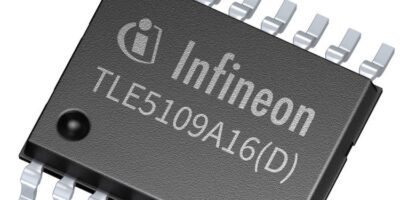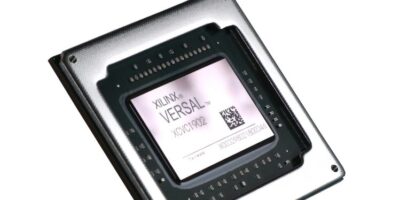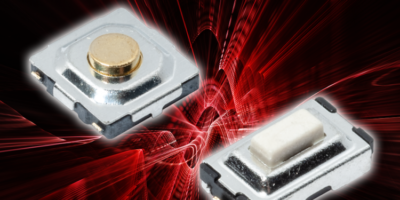Sensors based on anisotropic magnetoresistive (AMR) technology will be unveiled by Infineon Technologies at this week’s Sensor+Test show in Nuremberg, Germany.
The Xensiv TLE5109A16 family of AMR-based angle sensors are used in the measurement of angles where high functional safety levels are demanded, for example the industrial and automotive sectors.
They can be used for position measurement in brushless DC motors for pumps, wipers or brakes, position measurements of valves, flaps or pedals and steering angle measurement.
The Xensiv TLE5109A16 angle sensors are designed for 180 degree angle measurement but are also applicable for 360 degree measurement in motors with an even number of pole pairs. They are suitable for a range of magnetic fields, from 10 to 500mT.
Accuracy 0.1 degree angle error which is a benefit, especially at low magnetic fields between 10 and 20mT, where usually the angle error significantly increases, says Infineon. The Xensiv TLE5109A16 products outperform current angle sensors with angle errors as low as 0.2 degrees, says the company. As a result, customers can use less powerful, i.e. cheaper, magnets.
Xensiv TLE5109A16 angle sensors are available as single and dual die versions, the latter is suitable for ASIL D level safety applications. Infineon offers them with two supply voltage options: 3.3 and 5.0V. The sensors have a short start-up time of 40 to 70 micro seconds and are suitable for high-speed applications with more than 30,000 rotations per minute.
The AMR-based TLE5109A16 family will be added to Infineon’s GMR-based TLE5009A16 and TLE5309D products. Identical pin-configuration and interfaces of all Xensiv TLE5x09 sensors inside a TDSO-16 package enable customers to switch from one to another product or product version very quickly and at low design-in efforts.
Infineon will show the Xensiv TLE5109A16 angle sensors and other sensors for smart vehicles, the smart home, smart industry and robotics as well as health and fitness applications at Sensor+Test 2019 (25 to 27 June 2019) Hall 1, booth 429.







